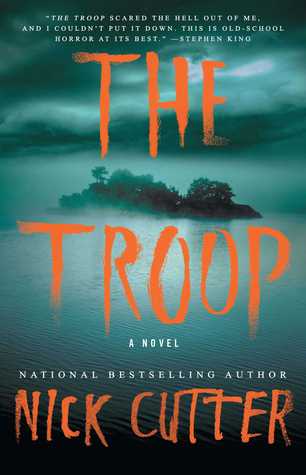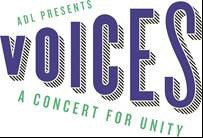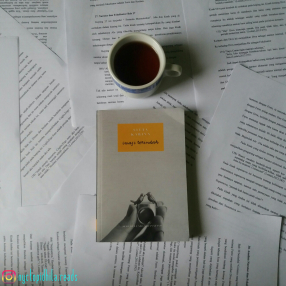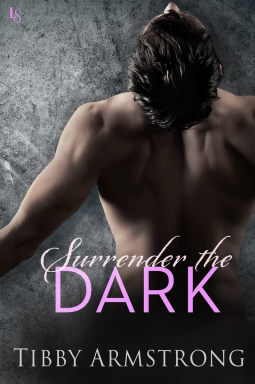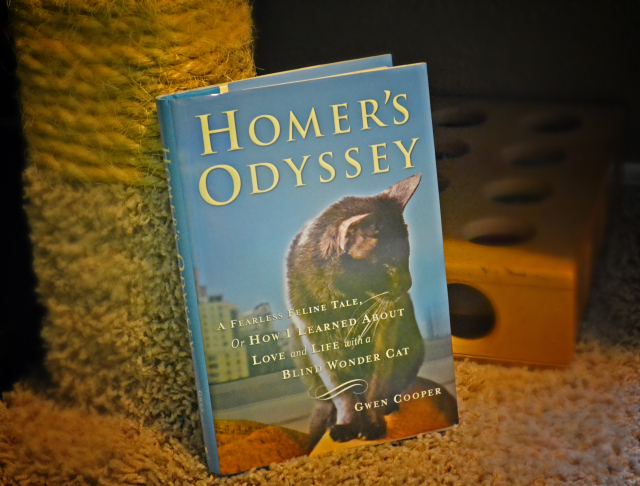Woody Allen isn’t actually my hero and that headline is a little misleading. I’m not making money of this though, so it’s fine. I’m not buzz feed just yet. He is however a kind of a film-making hero of mine. And I say that with trepidation, because well he is probably a horrific child abuser. Emphasis on the probably considering those accusations have never made their way to completion. This doesn’t mean they’re not true of course, and the overwhelming consensus is that Mr Allen is a huge creep. A huge creep, who in my opinion, has created some of the best films of the last fifty years. Not only that but films that have influenced the entire movie business, and myself – how I act and see the world. Does this mean that I’m a bad person? Does this mean that artistry requires torment? These are two questions that I am almost certainly not going to answer but the recent Harvey Weinstein scandal has put a distaste of Hollywood in my mouth. It is definitely a systematic regime of abuse from all corners, and the major question is: is it worth it all? Is Pulp Fiction worth Weinstein’s disgusting nature traumatising young actresses? Is The Usual Suspects worth Bryan Singer’s unhealthy relationship with young men? Is my favourite film of all time Annie Hall worth Woody Allen’s possible paedophilia?
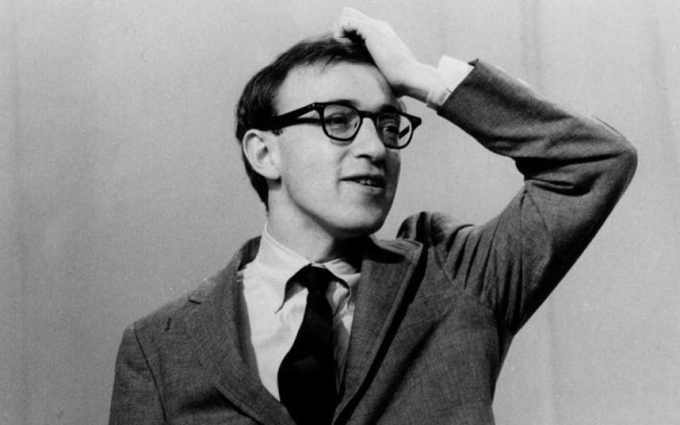
To attempt to make this more about films, and less about the vile male gender, I’m going to talk about why I’m a fan of Allen’s work. This will hopefully create distance between the sickness of the man and the greatness of the art…
Play it again, Sam (1972): Essentially Allen’s first signs of his own neurotic style. It’s a classic laugh a minute kind of comedy with a weird romantic edge. Allen himself is great in it – doing his typical paranoid character. It’s based on his own Broadway play, and this means small concept, which works. We also get a Diane Keaton in a more subdued role than usual, because Allen really is at the centre. The simple joys in the comedy and the timing are what make this a great. Interesting to note that Allen didn’t direct this film, Herbert Ross did, so there is little in terms of the picturesque that you get with Allen usually and it’s the writing where his nature comes out.
Manhattan (1979): In terms of impact on the film world, this is right up there alongside Annie Hall. It’s an aloof film, which is full of ideas. The black and white leads to some really gorgeous cinematography from legendary DP Gordon Willis and gives the film a really obscure quality. At its core it’s Allen poking fun at himself, being very self referential about his previous films and life. The fact that it is a film about falling for a 17 year old of course begs a lot of questions but Allen’s other relationships in the film are more interesting to me. Every time I watch it I find something new in there, and it is a literal cinema classic.

Crimes and Misdemeanours (1989): This is an odd film that over time has developed to be extremely appreciated. It’s odd because Allen’s appearance in the film is incongruous to the rest of the narrative. There’s a sense that two films have been glued together in a way. Despite this, I feel like the clash works and the main plot is a tough conflicted look on guilt and I guess murder. The conclusion to the film makes the strange dramatic ride worth it, and it stands out different in Allen’s filmography.
Match Point (2005): The first film in this little list where Allen doesn’t feature, I think this an underrated film. When I watched it I was mesmerised by the way Allen presents the story of love and infidelity. It’s an incredibly tense thriller really, that is full of these juicy back and forth (like tennis) between the characters. There’s deceit and fear and I think a wonderful central performance from Jonathan Rhys Meyers that is supported well by Scarlett Johansson. Them together are totally screen grabbing and Allen’s screenplay design is punchier than it has ever been.
Midnight in Paris (2011): A return to the typical form of Allen, this film encapsulates everything that is great about his films. The scenery that is shot with beauty in mind, a thoughtful screenplay, and a sympathetic central character. It is one of Allen’s more ambitious films of recent times and has a story that surprises but ultimately reflects himself once again. Owen Wilson does a good job doing his best Woody Allen and following him in this film is properly lovely. It’s a sign that Allen still has ideas that are intriguing and worth paying the ticket price to go and see.

There are plenty of other films that I could have mentioned that I also love, such as: Hannah and her Sisters, Radio Days, Mighty Aphrodite and Café Society. I chose not to write about Annie Hall because I love it so much. Those five films should start to explain why Allen’s films are special to me and why a world without them would be extremely dull. There is a magic to his films and whatever he may be as a man, his legacy on artistic level shouldn’t be tarnished. He has, in the last 20 years, had more rubbish films than good ones and there is a sense of existential crisis in his work. Perhaps it is time for him to die, perhaps his sins as a father, and an abuser should catch up to him. He still has talent, 2016’s Café Society proves that, but for me he has given enough to cinema. If he was to fade away then maybe some of that gross Hollywood masculinity will fade away with him. Thankfully the future is hopeful because the dinosaurs are dying. And to answer the ‘is it worth it?’ question I would say that without pain there is no brilliance, and without films like Annie Hall I’m not sure what kind of person I would be. I’m in awe of artists like Allen, just as I am repulsed by them.
Share this: